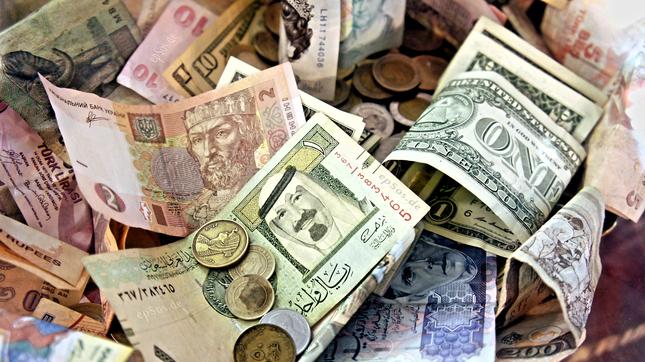Will Greece and China Affect My Portfolio and Why Do We Care?
By • August 17, 2015 0 1064

If you’ve been watching the news lately you have seen China’s stock market fall by a third in less than a month, and Greece’s economy plunge towards default. So far, China has wiped out $3.5 trillion in wealth, more than the total value of India’s stock market, and the Greeks have voted to reject austerity measures that would save them from default and ultimately remove them from the European Union.
It is no surprise that people have been asking me how I think Greece and China will affect the market. My response is why do you care? While this usually triggers a nervous response, scary times do not always make your portfolio scarce.
Greece is one of the largest exporters of sea sponges. When was the last time you invested in sea sponges?
In China, the reality is the Chinese stock market has simply fallen back to levels last seen in March, but it’s still up by more than 75 percent in the last year (Economist Magazine, 7/11/15).
China is slowly transforming and adjusting to a capitalist economic structure, while the European Union is in its infancy. Compared to the magnitude and vitality of the more mature American economy, Greece and China might as well be in the dark ages.
As an investor you probably think I should be more concerned. But if you consider the history of U.S. monetary policy you realize that while imperfect, we have historical heft behind our economy.
The real problem is not the things we cannot, nor will never, control such as terror threats, typhoons, interest rates, political uncertainty, or the untimely booms and busts that are a reality of modern investing. The real conversation is how does one protect one’s cash flow during those scary times.
Gone are the days where $1 million in retirement, when interest rates were 10 percent, meant retiring on $100,000 of income, and when rates fell to 4 percent grandma had to cut $60,000 out of her lifestyle. No longer can you cut the budget by visiting the grandkids less.
Now let me rephrase the question. How much short-term return would you be willing to give up for the possibility of sleeping soundly at night, knowing that you are not only financially secure but also financially independent?
Security during the scary times means first determining the amount of money you need to support your lifestyle, with and without work. Second, calculate the gap. Then take five years of the gap out of the market and place it in a secure non-market based account to draw on worry-free. Then set up portfolios of risk, or market based vehicles, in five, 10, 15 and 20 year portfolios, putting the most volatile allocations furthest in the future where risk can be better managed, and where over time the temporary volatility of Greece and China become simply a pimple on an elephant’s back.
The question you should be asking is not how the price of sea sponges in Greece will affect your portfolio, or how today’s problems affect tomorrow’s bottom line, but rather, how can you structure your portfolio to help achieve long term security even through the bumps and busts.
John E. Girouard is the author of Take Back Your Money and The Ten Truths of Wealth Creation, a registered principal of Cambridge Investment Research, and an Investment Advisor Representative of Capital Investment Advisors, in Bethesda, Maryland.

